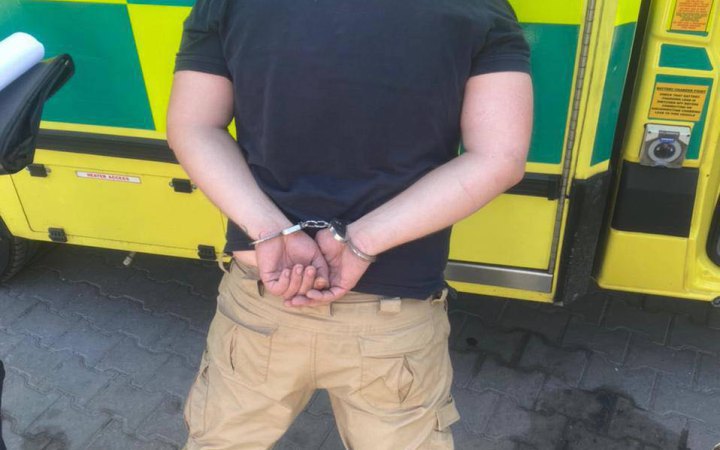There is no planned operation against pseudo-volunteers and pseudo-humanitarian aid. However, there is a lot of information about various cases of abuse related to humanitarian aid, and law enforcement officers are processing this data, Prosecutor General Andriy Kostin said in an interview with LB.ua.
"Meanwhile, pre-trial investigation bodies are promptly receiving information about certain abuses of humanitarian aid. There are many different situations here. Starting with the fact that under the guise of humanitarian aid, anything is being smuggled, because, you know, it is not checked at customs. If there is some statement or some declaration that it is addressed to a military administration, customs has no right to examine it. If no one can check what was there, where it was unloaded, what is done with it next, something can be sold later, and such facts also exist," he stressed.
Besides, local governments usually buy something at the expense of the budget, at the expense of the community residents and then provide humanitarian aid to some military unit.
"But when we receive information that they, for example, bought some buckwheat or pasta at a price that is five times higher than the price in a regular store, how can we not react to it? What you are talking about, apparently, concerns the sale of goods that are imported as humanitarian aid. And there are also many different situations here. There are, for example, cases when the funds are collected from citizens, then humanitarian aid is imported with this money, and then it is sold. There are many proceedings concerning cars. They are imported as humanitarian aid and then sold. By no means this applies to all charitable organizations or all volunteers. But when such facts exist, we cannot but react to it, because the Parliament criminalized the sale of humanitarian aid for profit," he explained.
According to Kostin, since his appointment, he has always demanded that searches in such cases be conducted "with respect".
"There can be no excessive police raids, no preliminary conclusions made publicly by any law enforcement agencies, no statements. We must be very careful with these things. But if there is information, we cannot just turn a blind eye. Therefore, I ask everyone to treat this carefully, and each case will be checked very thoroughly. Especially when it comes to those organizations that already have a reputation and trust in a certain community of citizens or at the level of a region or a city," the Prosecutor General said.
In June, the head of a large Odesa charitable foundation "Corporation of Monsters" Kateryna Nozhevnikova said that her organization was allegedly " subject to an open case in the SSU".
Nozhevnikova said that at her invitation the Ministry of Defense has been auditing the Foundation for two weeks, and she provided access to all documents on aid receiving and transferring.
In August, the Halytskyy District Court of Lviv imposed a pre-trial restraint on Lviv artist Oles Dzyndra and volunteer Yuriy Muzychuk. Law enforcement agencies accused them of selling cars that were imported from abroad with zero customs clearance as humanitarian aid.
In September, police searched the residences of Lviv volunteers Sviatoslav Litynskyy and Nazar Ostrovskyy. Litynskyy and Ostrovskyy are involved in criminal proceedings for the illegal sale of humanitarian aid - cars.
Ostrovskyy stated that, as far as he understands, the law enforcement officers had concerns not so much about him and Litynskyy, but about the chaplain to whom these cars were supposed to be given.
Reports of suspected theft or sale of humanitarian aid by criminals who are not known volunteers also appear from time to time.








